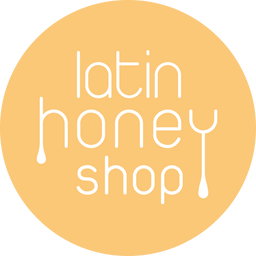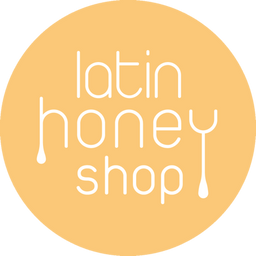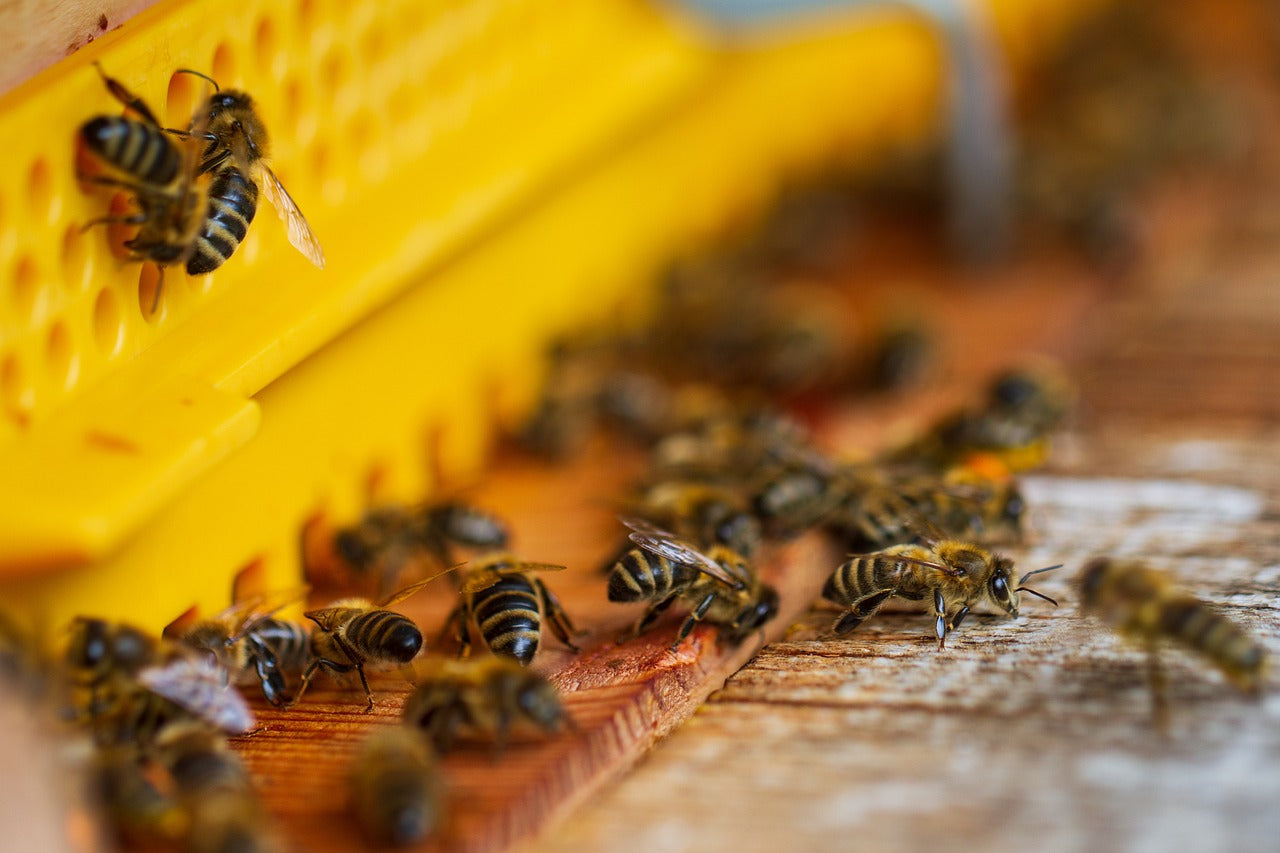
Local honey. The name conjures up an image of bees feeding on flowers in the local area and returning to their beehives to produce local honey that is sold at the nearest market.
Everything is in harmony, everything is local: the beekeeper, the flowers, the beehives, the market. It's like a dream.
At least it was a dream for some beekeepers in Brooklyn, New York, until it was shattered one day.
In 2010, beekeepers in the Red Hook Area of Brooklyn began to notice a glowing bright red liquid in their honeycombs.
That bright red substance looking like cough syrup was being produced by the bees. Moreover, it tasted disgusting.

The bees were returning back to the hives with a bright red substance glowing through the membrance of their stomachs.
"I thought maybe it was coming from some kind of weird tree," Cerise Mayo, one of the beekeepers, told The New York Times.
Someone jokingly suggested that maybe the bees were feeding on waste from Dell's maraschino cherry juice factory across the bay.
Mayo refused to believe it. Why would the bees fly one mile away, across the Hudson River just to feed on cherry juice, when they had everything to feed on right on her farm.
Samples of the bright red syrup were sent to an expert for analysis. The results were astonishing.

The syrup samples were full of Red Dye No. 40, the same food dye used in... the maraschino cherry juice from the factory.
In other words, the bees were feeding on the sticky sweet waste from the cherry juice factory.

“Bees will forage from any sweet liquid in their flight path for up to three miles,” said Andrew Cote of the New York City Beekeepers Association.
Yet waste from a cherry juice factory was not the only sweet liquid in the area.
A huge bus service depot a block away was full of transmission fluid and antifreeze. Both liquids contain ethylene glycol, a sweet, poisonous chemical.

Could it be possible that the bees were also feeding on poisonous chemicals from the depot? No-one knows.
Local honey is a fantastic thing... if you live in a mountain or forest far away from houses, factories and built-up areas.
But local honey in a city, from bee hives in gardens and on top of high buildings? Located near dustbins, factories and cars? Who knows what sweet substance the bees are feeding on?

Are they feeding on beer spilt on the streets? Slush? Discarded juice near dustbins? Seekh kebab sweet chutney thrown near restaurants? Brake fluid? Antifreeze?
For honey to be certified organic, there has to be a 3-5 mile exclusion zone around the bee hive where there are no chemicals.
That means no houses, no factories, no streets, no restaurants, no cars, no buses, no artificial pesticides and no artificial fertilisers.
This is why no organic honey is produced in England. It is difficult to get the 3-5 mile exclusion zone in England.
That said, it is important to remember that the red Brooklyn "honey" story was an extreme example. It does not mean that all local honey is harmful to you.
Most local honey producers are beekeepers who are passionate about bees and honey. If it wasn't for them, commercial sugar-feeding honey producers would have saturated the market.
Local honey beats supermarket honey hands down.
Buying raw organic honey is the only way of guaranteeing that the honey you consume is free of artificial chemicals.



